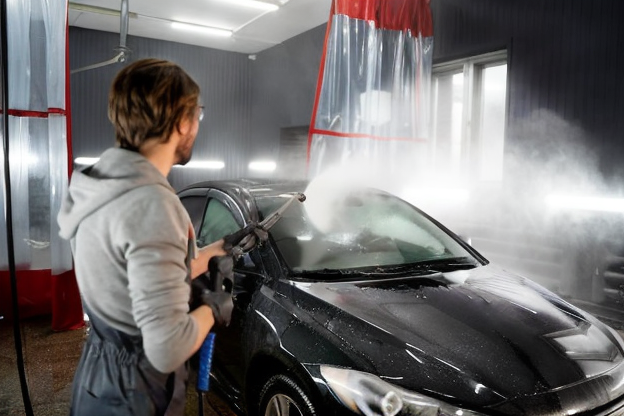Innovative Surface Treatment Technologies Revolutionizing Sheet Metal Processing+ View more
Emergence of Non-Chromium Passivation
The conventional use of hexavalent chromium in passivation processes, while effective, has raised significant environmental and health concerns due to its toxic nature. Its replacement with non-chromium passivation solutions marks a significant advancement in sheet metal processing. This innovative leap forward employs environment-friendly passivates that contain no toxic metals, thereby curtailing the hazardous impact on both the workforce and the surrounding ecosystem. The new approach has shown comparable, if not superior, performance in preventing corrosion, thus transforming the industry's outlook on sustainable manufacturing practices.
Adoption of Green Cleaning Technologies
As industries strive to mitigate their ecological footprints, the adoption of green cleaning technologies in sheet metal processing has become imperative. Innovations in this sphere involve the use of aqueous cleaning systems and bio-based solvents that replace the traditional petroleum-based solvents. These new cleaning mediums boast lower volatile organic compound (VOC) emissions, reducing air pollution and occupational hazards. Furthermore, they are often biodegradable and possess the adeptness to be recycled within the process, contributing to a more closed-loop system that emphasizes resource conservation and waste reduction.
Technological Synergy: Laser Cleaning and Advanced Coatings
The synergy between laser cleaning technologies and advanced coating applications is a prime example of innovation in sheet metal surface treatment. Laser cleaning offers a precise, non-contact method for surface preparation, devoid of abrasive materials and chemical usage. When coupled with advanced coatings that enhance surface ruggedness and longevity, the duo paves the way for high-quality finishes that are achieved with minimal environmental impact. This technological tandem not only elevates the product's lifecycle but also embodies the principles of green manufacturing.

